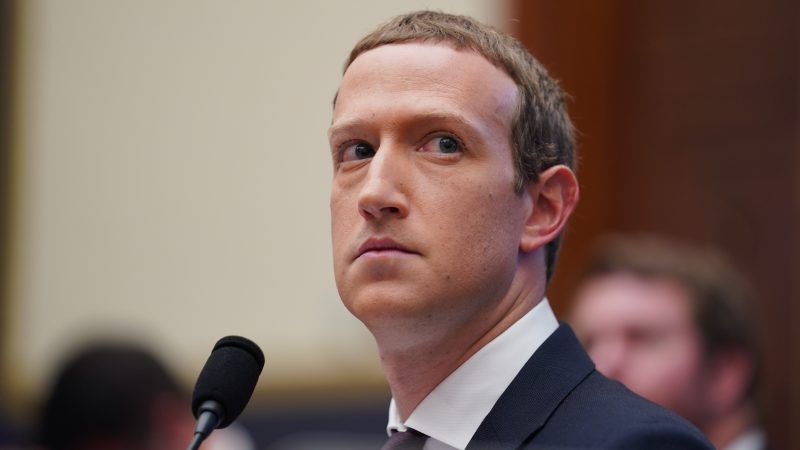Regulators on Both the Right and Left Are Wrong About Big Tech
People need to stop blaming their problems on Facebook and Twitter.

If the recent congressional hearings involving top executives at Facebook, Twitter, and other so-called "Big Tech" companies are any indication, Trumpian populism and leftist anti-capitalism are all too eager to join forces against the social media giants.
Part of the problem here is a tendency among all too many people to blame a laundry list of problems—everything from election interference to the promotion of disinformation to sex trafficking and screen addiction—on large tech companies. In my cover story for this week's issue of The Washington Examiner, I explain why most of these criticisms are wrongheaded and stemming from moral panic:
Some of these concerns have limited merit—Twitter's "learn to code" debacle, in which users were temporarily banned for joking about the employment prospects of clickbait journalists, comes to mind. Others rely on junk science and moral panic: There is no domestic sex-trafficking epidemic unless all women willfully engaged in prostitution are counted as victims. Regardless, the solutions on the table—whether antitrust investigations or a repeal of Section 230, a legal provision that shields online content providers from some liability by classifying them as platforms rather than publishers—won't fix what's wrong with Big Tech. That's because the platforms are not ultimately responsible for the fact that people often abuse the powers and privileges these companies provide.
Increasingly lost in the conversation about social media's effect on the world is any semblance of personal responsibility. Too many people proceed as if Facebook is the first communicative space to allow disinformation. Ever heard of cable news? Talk radio? The New York Journal's 1898 coverage of the sinking of the Maine? Social media's infinite scroll function did not turn well-mannered youth into maladjusted creeps. In fact, before the era of social media, teens were vastly more likely to risk personal injury—e.g., by drunk driving—to connect with their friends. Twitter CEO Jack Dorsey didn't create cancel culture. Behind every social media mob lurks not an algorithm, but a human being.
Read the full column here.


Show Comments (26)